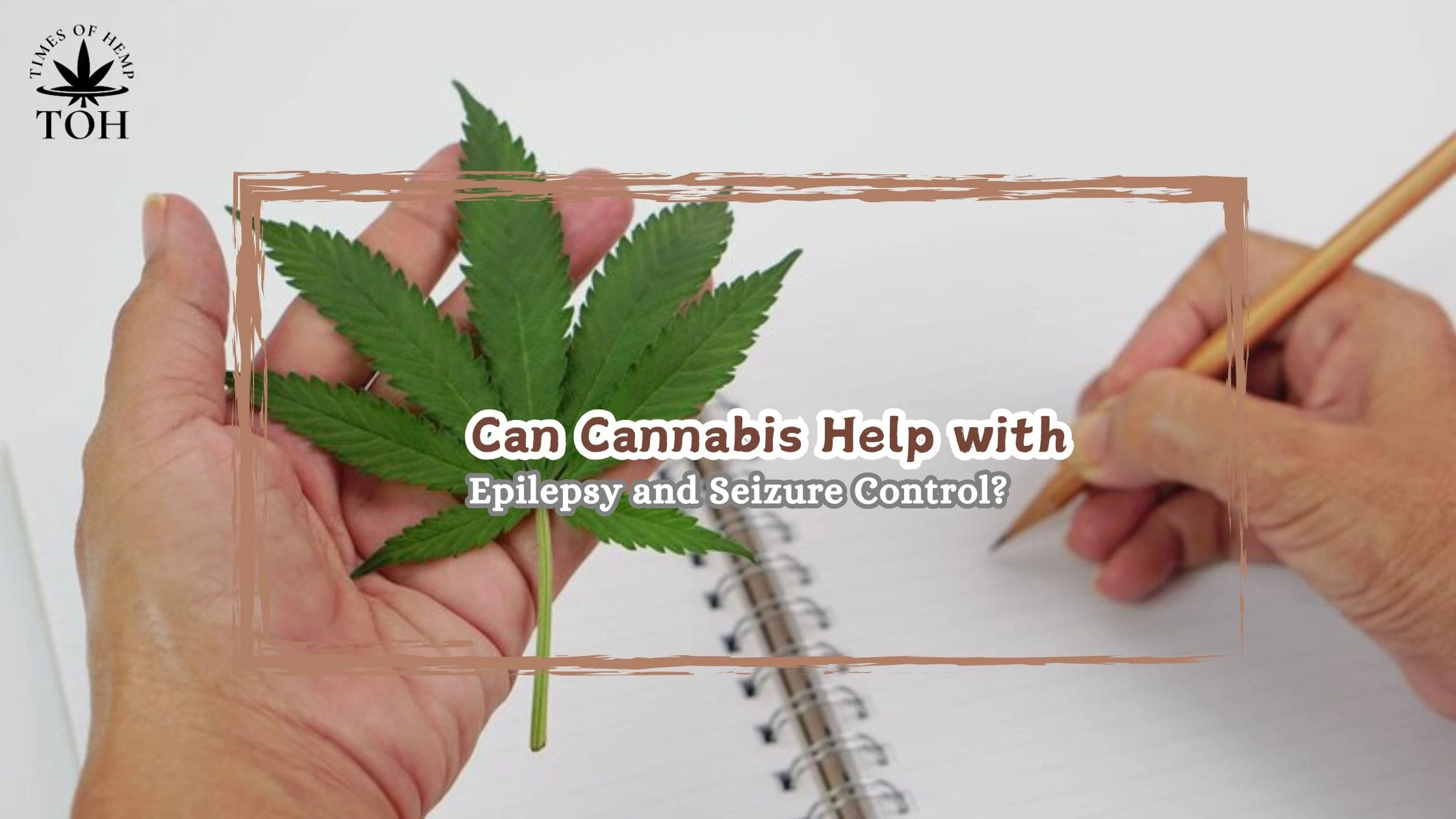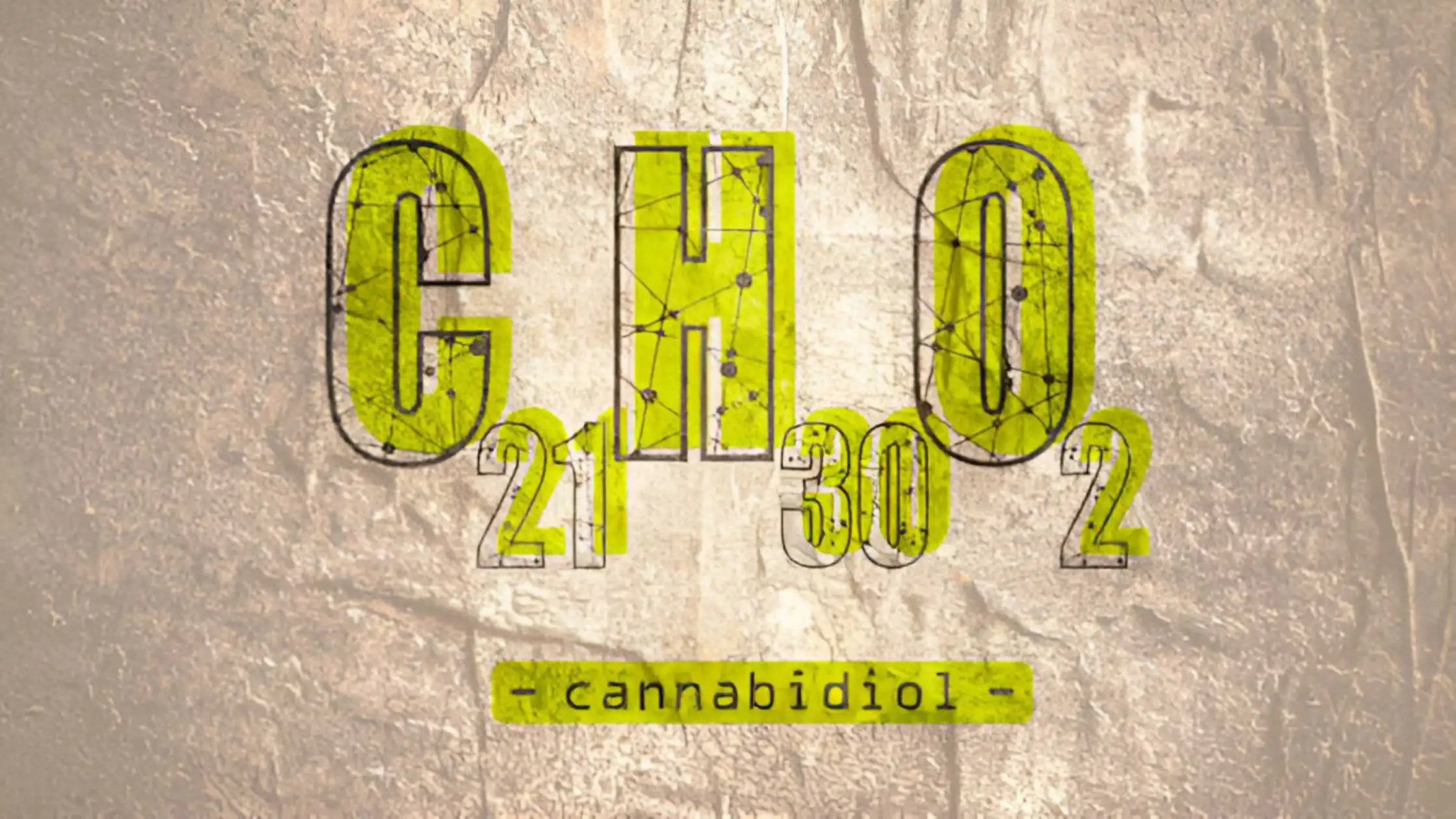Epilepsy is one of the most common neurological disorders worldwide, affecting nearly 50 million people, according to the World Health Organization (WHO). Characterized by recurrent seizures, this condition can significantly impair the quality of life for individuals who experience it. Despite advances in medical science, up to 30% of epilepsy patients have drug-resistant epilepsy, meaning conventional anti-epileptic medications fail to control their seizures. This predicament has spurred interest in alternative therapies, with cannabis emerging as a potential treatment avenue.
Understanding Epilepsy and Seizures
Seizures are the result of abnormal electrical activity in the brain, a persistent illness known as epilepsy. Seizures can take many forms, from short attentional lapses or muscle cramps to severe and protracted convulsions. Numerous factors, including genetic predisposition, brain damage, infections, stroke, and developmental abnormalities, can cause epilepsy. Despite its complexity, epilepsy research is still ongoing, especially to find better therapies.
The Role of Cannabis in Epilepsy Treatment
Although cannabis has been used medicinally for thousands of years, contemporary science has only lately started to investigate its possibilities as a treatment. Cannabinoids, the active ingredients in cannabis that interact with the human body’s endocannabinoid system, are at the heart of this investigation. Neuronal activity is one of the many physiological processes that this system is essential for controlling.
Two main cannabinoids have drawn interest due to their possible use in the treatment of epilepsy:
- Cannabidiol (CBD): A non-psychoactive compound with anti-inflammatory, antioxidant, and anticonvulsant properties.
- Tetrahydrocannabinol (THC): A psychoactive compound known for its euphoric effects, which may also have anticonvulsant properties in specific contexts.
Among these, CBD is the most extensively studied for epilepsy and seizure control due to its favorable safety profile.
Read More: Can CBD Replace Traditional Medications?
Scientific Evidence Supporting Cannabis in Epilepsy
Numerous clinical trials have shown that cannabis, and specifically CBD, is effective in treating epilepsy. Here are some important conclusions:
1. FDA Approval of Epidiolex:
The U.S. Food and Drug Administration (FDA) authorized Epidiolex, an oral solution based on CBD, as the first cannabis-derived treatment to treat seizures linked to Lennox-Gastaut syndrome and Dravet syndrome, two severe forms of epilepsy. Epidiolex dramatically decreased the frequency of seizures in patients with these conditions, according to clinical trials.
2. Reduction in Seizure Frequency:
According to a seminal study that was published in The New England Journal of Medicine in 2017, patients with Dravet syndrome experienced 39% fewer seizures as a result of CBD. In contrast, the placebo group experienced only 13%. Other research focusing on Lennox-Gastaut syndrome has shown similar outcomes.
3. Drug-Resistant Epilepsy:
CBD has given people with drug-resistant epilepsy a fresh hope. Research indicates that including CBD in pre-existing anti-epileptic medication regimens may improve seizure control in patients who have not responded to traditional treatments.
Mechanisms of Action
How can CBD, in particular, aid in seizure control? While studies are still being conducted, some suggested mechanisms are as follows:
- Neurotransmitter Release Modulation: CBD may stop the excessive neuronal activity that leads to seizures by lowering excitatory neurotransmitter release.
- Anti-inflammatory Effects: Epilepsy is linked to long-term inflammation in the brain. The anti-inflammatory qualities of CBD might aid in lowering this inflammation.
- Controlling Ion Channels: Seizures may result from abnormal ion channel function. To restore normal neural activity, cannabinoids may aid in the regulation of these channels.
- GABA Receptor Interaction: One neurotransmitter that prevents excessive brain activity is gamma-aminobutyric acid (GABA). CBD may promote a relaxing impact on the brain by improving GABAergic transmission.
Limitations and Challenges
Despite the encouraging potential benefits of cannabis in the treatment of epilepsy, there are still several obstacles to overcome:
- Lack of Standardization: It can be challenging to guarantee consistent dosage and effectiveness due to the significant variations in the potency and composition of cannabis products.
- Side Effects: Although CBD is usually well tolerated, it can have negative effects such as changes in appetite, tiredness, and diarrhea. Contrarily, THC may have psychotropic effects and increase the likelihood of developing a dependency.
- Drug Interactions: Cannabis and other anti-epileptic medications may interact, increasing negative effects or decreasing effectiveness. Careful observation by medical experts is crucial.
- Regulatory Obstacles: Patients who want to investigate cannabis treatment may face difficulties due to the drug’s inconsistent legal status around the world. Access and cost might be obstacles, even in areas where medical cannabis is permitted.
- Limited Long-Term Data: Although short-term research shows promise, further research is needed to determine the long-term safety and effectiveness of cannabis in treating epilepsy.
Considerations for Patients and Caregivers
It’s crucial to speak with a medical expert who knows medicinal cannabis if you’re thinking about using it to treat epilepsy. Here are some useful pointers:
- Go Slow, Start Low: To determine the ideal dosage, start with a modest dose and progressively increase it under physician supervision.
- Choose High-Quality Products: Choose goods that have undergone safety, potency, and purity testing.
- Track the Impact: Maintain a thorough log of the frequency, intensity, and side effects of your seizures.
- Understand Legal Implications: Verify that local rules about the use of medical cannabis are being followed.
Future Directions
The field of cannabis and epilepsy treatment is developing quickly. Ongoing research aims to:
- Determine the best cannabinoid ratios for various forms of epilepsy.
- Create standardized formulas to ensure reliable dosage.
- Examine how terpenes and small amounts of cannabis may be used to treat seizures.
- Examine how cannabis consumption affects people with epilepsy over the long run.
Conclusion
Particularly in situations of drug-resistant epilepsy, cannabis, and more specifically CBD, has shown promise in the treatment of seizures and epilepsy. Its effectiveness is supported by scientific evidence, but to realize its full potential, issues like regulatory obstacles, inconsistent product quality, and a lack of long-term data must be resolved. Millions of people with epilepsy have hope for better treatment options and a higher quality of life as research into the processes and uses of cannabis in this condition continues.
As usual, a trained healthcare professional should be consulted before using cannabis for epilepsy to ensure a safe and knowledgeable approach to this cutting-edge treatment.
What are your views on the use of cannabis for epilepsy or the situation of this severe disease among the population? Share your views with us; we are happy to hear from you!






I’ve been following your blog for some time now, and I’m consistently blown away by the quality of your content. Your ability to tackle complex topics with ease is truly admirable.
The overall look of your site is great, as well as the content.
I appreciate the honesty and authenticity you bring to every post. Thank you for sharing your journey with us. Keep up the excellent work!
Very informative content. Keep up the incredible work!